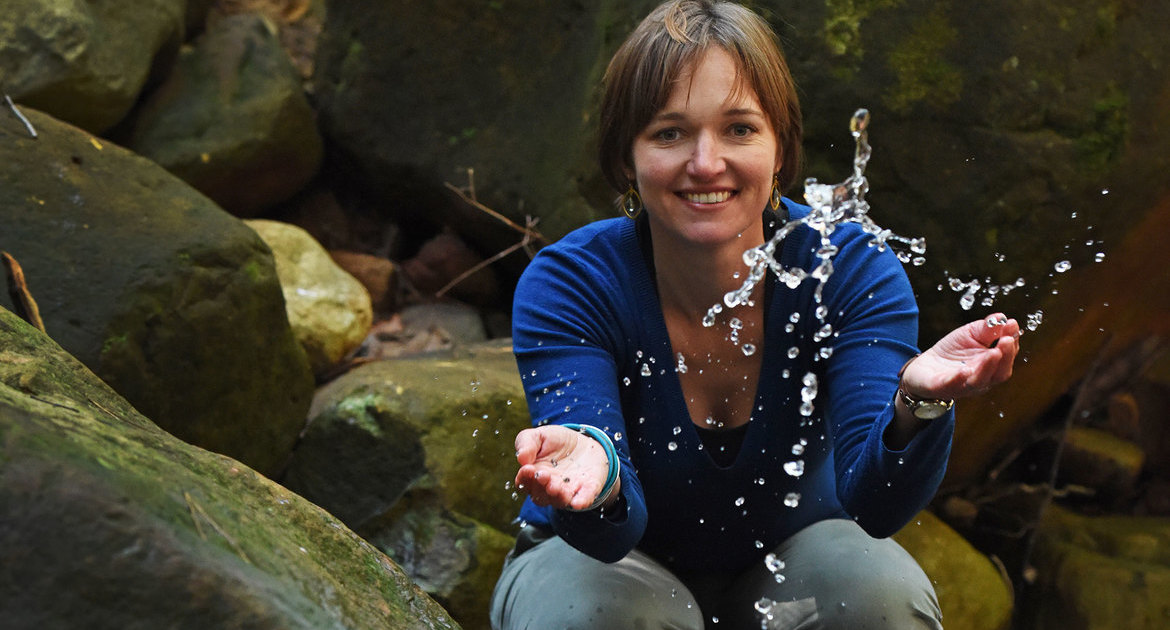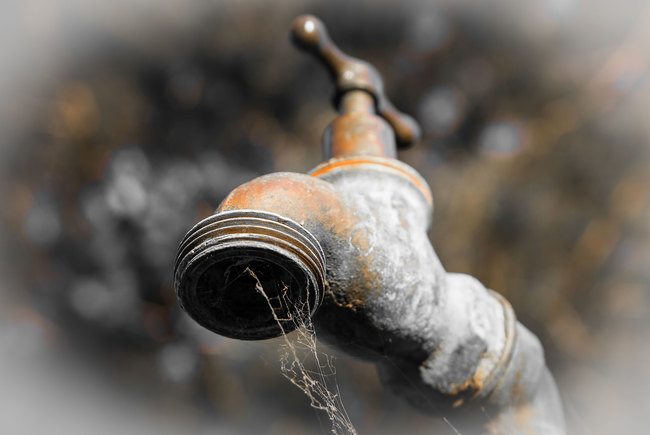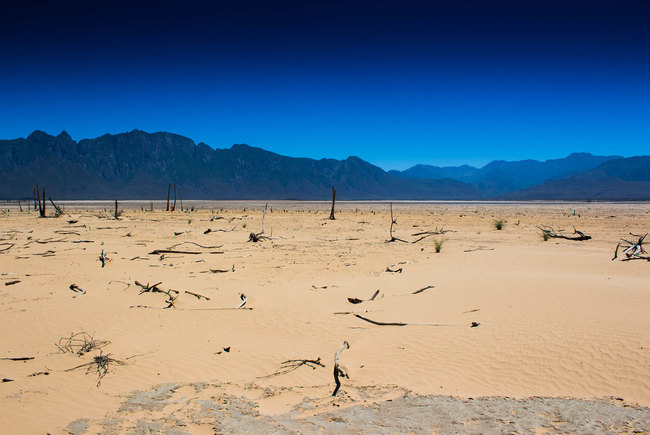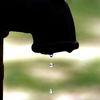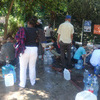UCT underprepared for drought
25 August 2017 | Story Kevin Winter. Photo Supplied.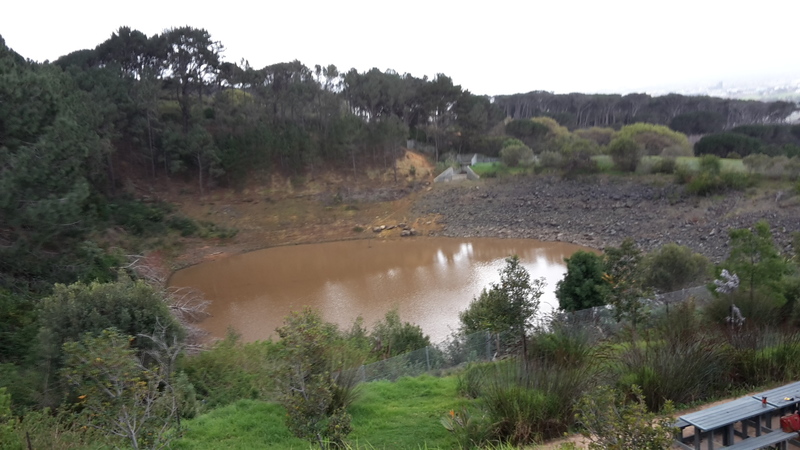
According to Dr Kevin Winter, from the UCT Future Water Institute and Water Task Team, UCT’s campuses are largely underprepared for managing the ongoing drought.
The City of Cape Town could soon start reducing water pressure in the pipelines in a desperate effort to reduce the overall water demand to 500 million litres per day or less. It is still unclear when, or if, officials will resort to these actions and whether a selective approach could avoid targeting places such as hospitals and educational institutions.
Reducing water pressure could have implications for UCT’s main campus and multi-storey residences. For example, if pressure is reduced to 1 bar (100 kPa), then the force of this water is only capable of raising water by 10 metres, which is sufficient to reach only the first three floors of a building.
The City has announced plans that are aimed at supplying an additional 500 million litres of water per day. The message was upbeat, but at this stage is short on detail and timeframes for the implementation of each tranche of additional water supply. The lack of detail and the timing of implementation plans, including the possible reduction in water pressure, does not help UCT and others to make the critical decisions that are necessary to deal with water scarcity in the months ahead.
Water resource management
At this stage UCT is underprepared to deal with the risk of limited water supplies. The UCT Water Task Team, which was established in June 2017, is trying to manage short- and longer-term goals of water resource management on the various campuses. The immediate task is to deal with the obvious: repairing water leaks, reducing water demand on all campuses, mapping water reticulation system and meters, and improving storage capacity within the remaining few weeks of winter rainfall.
The dam on upper campus is the largest water storage area and a potential lifeline for fighting fires, for unblocking sewerage pipelines and other purposes. Currently, the dam is about 20% full. The slopes and catchment areas are suffering from years of neglect.
The ravines and channels carrying storm water into the dam are choked with invasive plant species, fallen tree trunks, and the channels are broken, resulting in extensive erosion gullies. The storm-water drain at the car park to the north of University Avenue is blocked and adding to the potential loss of water that could be discharging into the dam. For every rain shower of 20 mm, the car parking area could capture and discharge 6 000 litres of water to help fill the dam.
Early this week a team of contractors cleared a large section of vegetation that was blocking the storm-water channel and preventing water from entering the dam. A temporary pipeline will need to be installed to capture run-off flow from above Madiba Circle and divert this into the dam.
There are only a few weeks left of rainfall before the approach of another hot, dry summer, and UCT has minimal stored water available on the main campus to supplement its supplies.
With severe drought affecting the Western Cape, the City of Cape Town’s Level 4B water usage restrictions remain in place, which limit each person to using less than 87 litres of water per day. The City of Cape Town’s water calculator can help you to work out your daily water usage.
 This work is licensed under a Creative Commons Attribution-NoDerivatives 4.0 International License.
This work is licensed under a Creative Commons Attribution-NoDerivatives 4.0 International License.
Please view the republishing articles page for more information.
Cape Town water crisis
At UCT our researchers have been analysing the causes of the current drought, monitoring water usage on campus and in the city, and looking for ways to save water while there is still time. As part of UCT’s water-saving campaign, all members of the campus community are encouraged to reduce their water use by half, which will help Cape Town to meet its water-use goals and ensure a water-sustainable university in the future.












